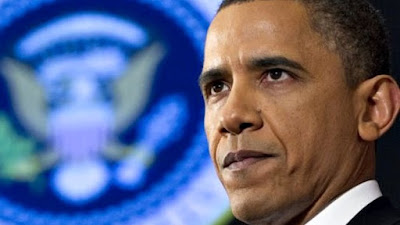Obama just gave cops the OK to simply take your stuff
When Attorney General Loretta Lynch decided late last year that the Justice Department would end the federal civil asset forfeiture program, criminal justice reform advocates proclaimed it a “significant deal.”
But late last month, less than four months later, the Obama administration reversed itself and reinstated the Asset Forfeiture Fund’s Orwellian “equitable sharing” program.
That’s a shame, particularly when the only supporters of the policy are the law enforcement agencies that directly benefit from it. Indeed, the federal program’s combined annual revenue has grown more than 1,000 percent in the last 15 years, filling the coffers of federal, state and local police departments.
Civil forfeiture allows police to seize private assets, often without any proof of wrongdoing, and often the agency doing the seizing gets to keep all or most of the proceeds. The federal civil forfeiture program was passed in 1984 as part of President Ronald Reagan’s Comprehensive Crime Control Act. It was intended for use against major drug traffickers and cartels.
Now police use the “adoptive forfeiture” aspect of the law to avoid the higher burdens of proof and other restrictions on asset forfeiture that states have been enacting. If the underlying actions that state officials are investigating also constitute a federal crime — like simple possession of marijuana — then the relevant assets may be forfeited to the feds.
It thus undermines state governments’ ability to control their own police forces. While many states ensure that seized assets go to the general treasury — or for special funds, like education — the federal program requires that they be used solely for law enforcement.
Attempting to get back their money or property often forces owners into a legal labyrinth designed to favor law enforcement. In one recent case in California, a DEA agent seized $16,000 from Joseph Rivers as he was traveling by train to start a music career in Los Angeles. The only suspicious thing about Rivers was that he was traveling a long way on a one-way ticket with a lot of cash.
Full Report
Labels: Police State, United States


<< Home